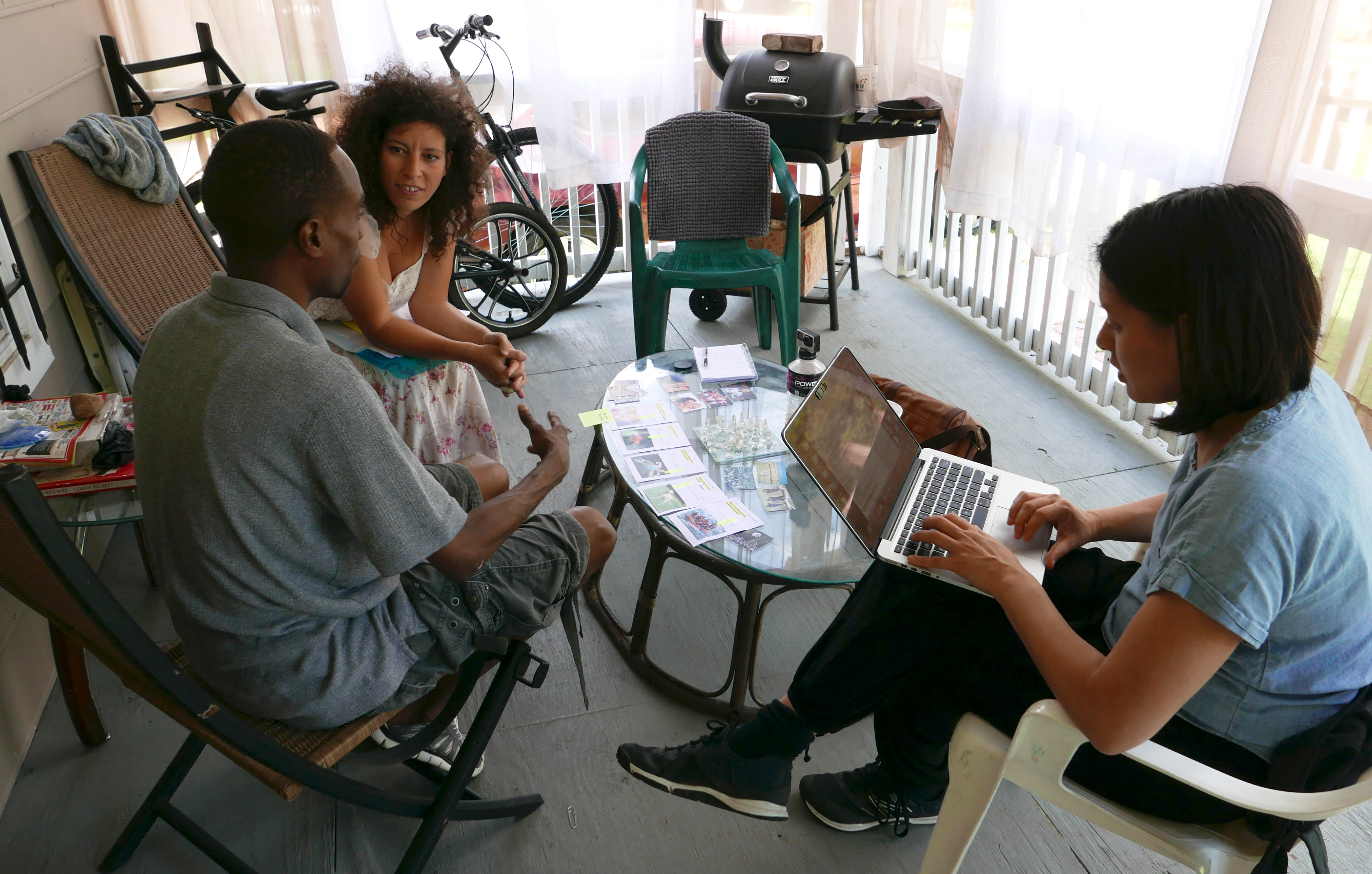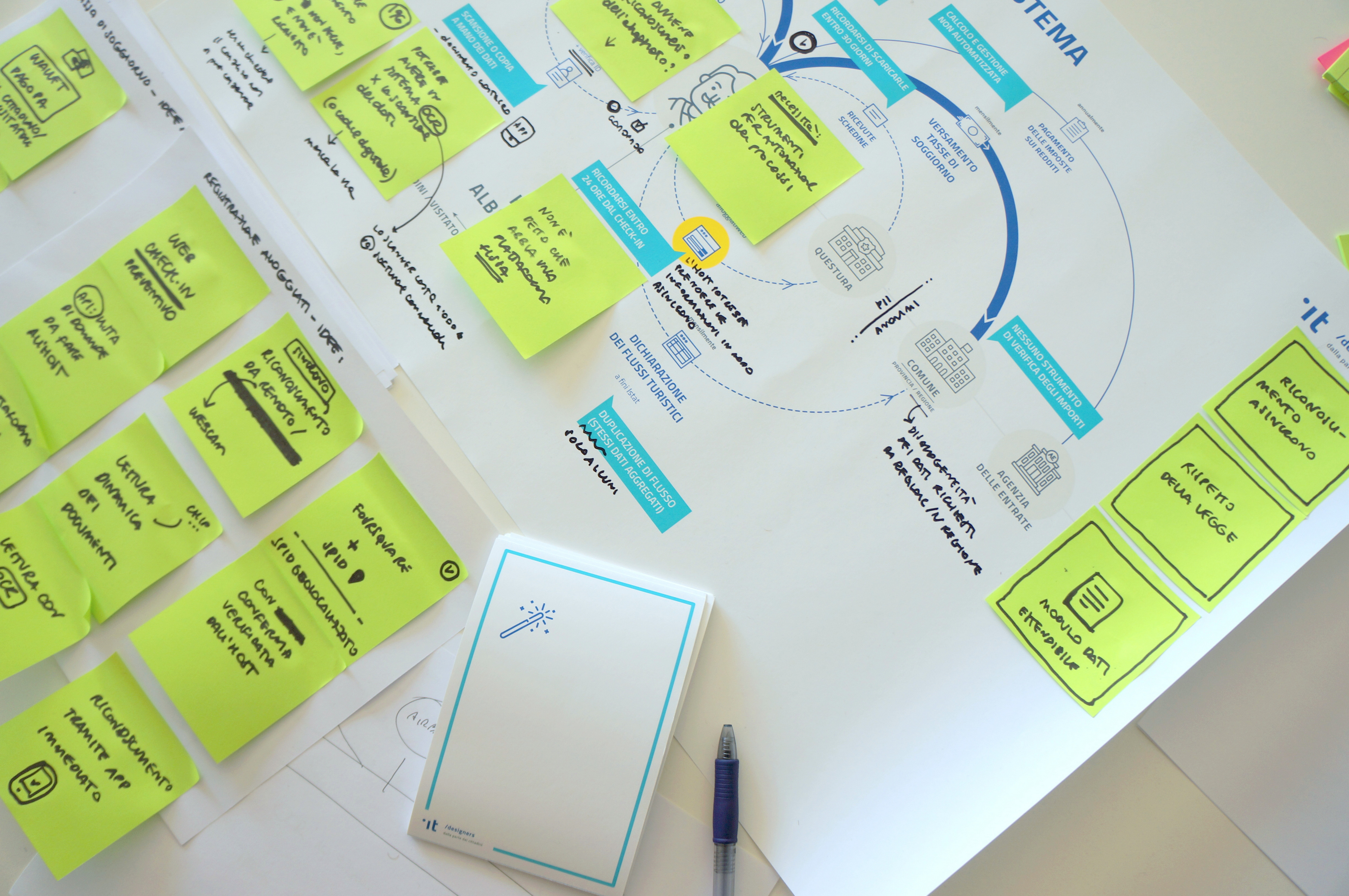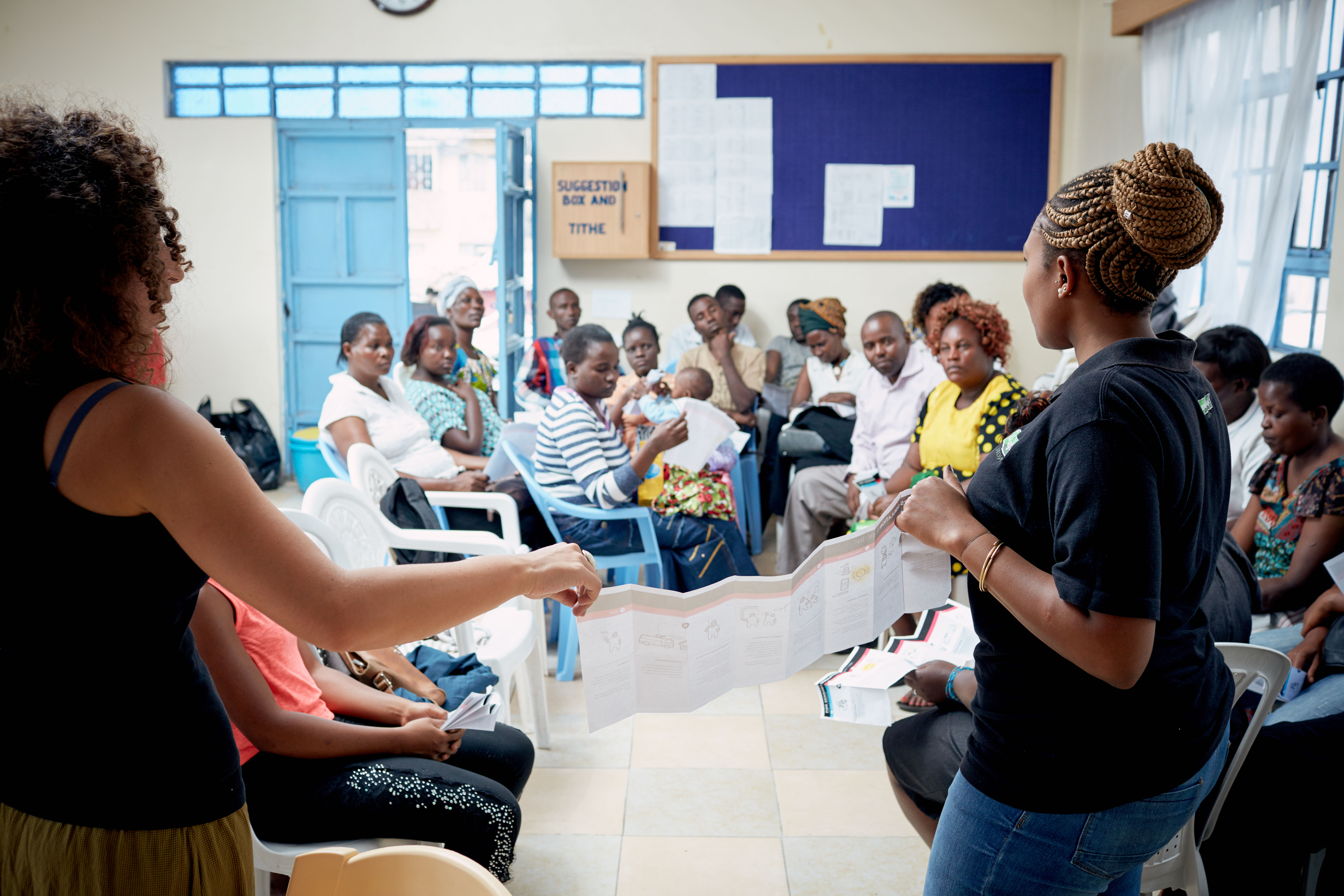Apply a systemic lens to responsibly solve your service design challenges
WHY
WHAT
Evolving human-centered design
As designers of products and services, people are always our main priority. We work with a human-centered design approach in order to shape solutions that improve people's quality of life, while generating value for the organizations and companies that produce them. But... what if the perfect solution today wasn't the ideal one for tomorrow?
How are we dealing with the possible consequences of the services we are building? System thinking could guide us towards a more responsible design practice, leading to consider the ultimate impact of our design decisions on human behaviours, society and environment.
HOW
Augmented tools
FROM: Personas are a fictional narrative used to decribe the needs, expectations and desires of specific types of users, and come up with ideas and solutions that meet those needs.
TO: Dynamic personas extend this concept by looking at how the user behaviour could evolve over time. This means defining a target for them to reach, or multiple targets, and flash out the possible scenarios in which that persona would or wouldn't be able to achieve those goals.


FROM: System maps are synthetic representations that describe how a system is structured, by displaying all the actors and showing their connections.
TO: System loops enrich system maps by always showing the relationship among two actors as an exchange in which they are both giving and receiving something. This means analysing more in depth the dynamics that sustain the system, mapping out tangible and intangible exchanged values and immediately visualising critical issues, gaps and redundancies.
FROM: System maps are synthetic representations that describe how a system is structured, by displaying all the actors and showing their connections.
TO: System loops enrich system maps by always showing the relationship among two actors as an exchange in which they are both giving and receiving something. This means analysing more in depth the dynamics that sustain the system, mapping out tangible and intangible exchanged values and immediately visualising critical issues, gaps and redundancies.

FROM: A project roadmap is a very functional tool that allows a company or organization to define all the steps needed to bring a certain service or product to life.
TO: An impact roadmap expands the project phases and milestones with additional layers, enlightening possibilities to generate value while moving along the process, as direct or indirect consequence of the main activities and actions. This means reflecting on all the actors sorrounding the development of a solution and identifying strategies to generate positive engagements.

EXAMPLES
From theory to practice
As oblo, we foster system thinking in all our program by applying design ethnography, visual storytelling and co-creation practices to best understand, map and impact the context we design for. Here some stories of how we applied system thinking tools in practice.

We used dynamic personas to analyse how different users relate to technology. The dynamic personas helped us identify opportunity to help them become more aware of internet-related issues and eventually take action to better protect themselves in the digital sphere.

We used system loops to analyse the hospitality context. The system loops helped us analyse every single exchange of information, document and money that involve tourists, hosts and institutions, and identify opportunities for the optimization of the experience.

We shaped a product-service system project around community engagement. While engaging the communities in redesigning fire detection and response in informal settlements, we came up with strategies to give something back (e.g. training certificates) and increase the value we were leaving behind.
Our talk at Architecta Day 2018
ABOUT
Get in touch
Are you interested in learning more about system thinking for service design or apply it to your projects? Our team is available for lectures, hands-on workshops or longer support programs.
20155 Milano